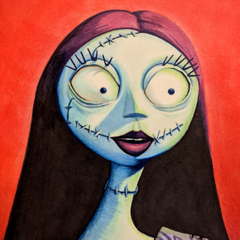Gender Dysphoria, But Not Trans?
-
Who's Online 6 Members, 0 Anonymous, 149 Guests (See full list)
- SamC
- FelixThePickleMan
- VickySGV
- Ivy
- Justine76
- Abigail Genevieve
-
Recently Browsing 0 members
- No registered users viewing this page.

By Roach · Posted

By Abigail Genevieve · Posted

By Ashley0616 · Posted

By Ashley0616 · Posted


By Ashley0616 · Posted

By Sally Stone · Posted


By MaeBe · Posted

By LittleSam · Posted

By Lydia_R · Posted

By Ladypcnj · Posted

By Carolyn Marie · Posted

By Carolyn Marie · Posted

By Mmindy · Posted

Recommended Posts
Create an account or sign in to comment
You need to be a member in order to leave a comment
Create an account
Sign up for a new account in our community. It's easy!
Register a new accountSign in
Already have an account? Sign in here.
Sign In Now